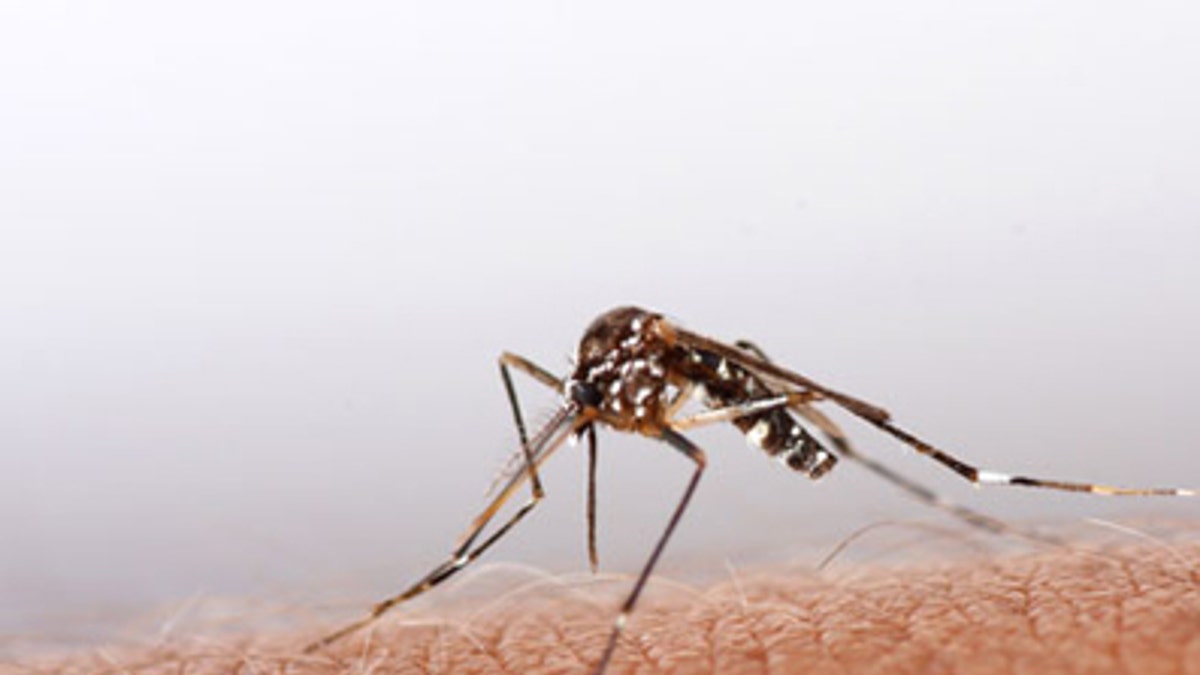
The pesky mosquitoes are getting ready for their annual comeback, especially since the weather has been warmer, and in some cases wet.
So who is tastier, men or women, and is there real scientific data about which sex gets bitten more frequently?
Yes and no.
Bug researchers seem to think that about one in 10 people may be “extremely attractive” to biting mosquitoes and “larger” individuals give off more carbon dioxide, so that may increase your chance of bites. (This means adults have more of a risk of getting bitten than children).
It also means if you are exercising, giving off more CO2 from panting, this can draw the mosquitoes in closer for their evening meal. Pregnant women may also be a target for a similar reason. So there may be differences in body chemistry and scents that can affect our getting the “bite.”
Remember, it is no joke; we have seen sporadic outbreaks of West Nile virus due to “infected” mosquitoes each year. In some individuals, this illness can pose real danger and cause severe illness, especially in the older adults and those with compromised immune systems.
How to stay "bite-free"
• Use insect repellent according to label instructions
• Choose the correct concentration of “DEET” for your outdoor activity
• The higher concentrations of active “repellent” will provide longer duration of protection, and products with ≤10 percent active ingredient may offer only limited protection, often from 1–2 hours.
• Reapply the insect repellent according to the label instructions
• Limit DEET containing repellents to not more than 10 percent on young children
• Pyrethrum may be applied to your clothing, shoes, jackets, etc
• Never apply to children’s fingers, hands and “near the mouth”
• Always apply the spray to you first and then to your child
• Avoid applying repellents to areas near the mouth and eyes
• Some botanical oils [for example, oil of lemon and eucalyptus] can provide protection (although in most
studies, they will not necessarily last as long as DEET containing repellents)
• Keep your screens in optimal condition to keep mosquitoes out
• Wear long sleeves and pants, especially when hiking
• Wearing long-sleeved shirts and long pants, and “tucking” in as well as wearing socks and “closed shoes”.
• Do a “tick” check after exposure
• Avoid dusk and dawn, and during the evening after dark. This may reduce the day’s “prime biting” time periods
• After returning indoors, wash treated skin with soap and water or bathe, similarly wash “treated clothing” before wearing again.
